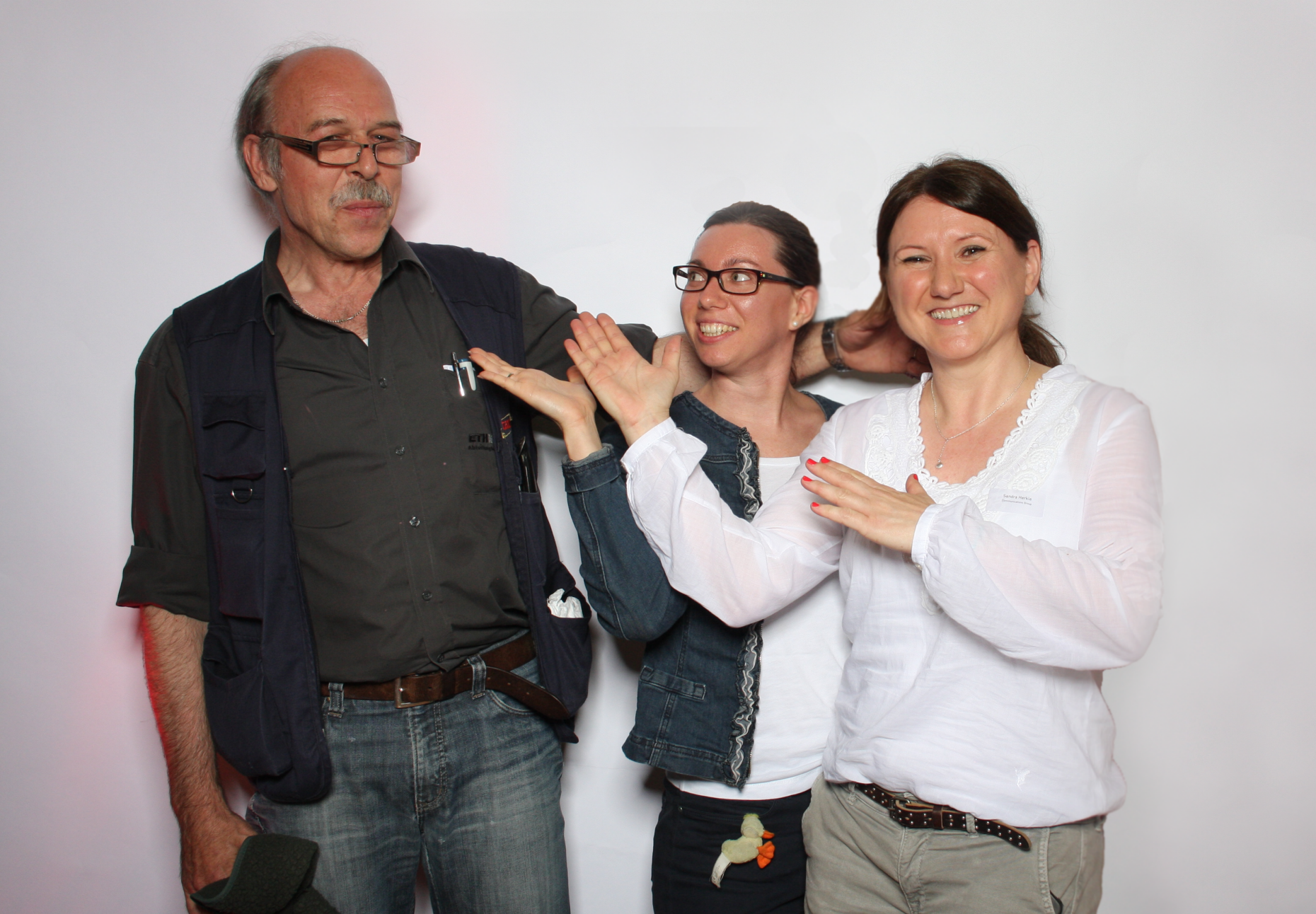Farewell, Thomas Wick
For 31 years, Thomas Wick has worked at ETH Zurich in the Facility Management Department. At the beginning of this year, Mr. Wick has retired. In this farewell interview, he shares his experiences and memories.

Since the Department of Computer Science moved into the CAB building over 10 years ago, we have all been able to rely on the support of Thomas Wick and his colleagues from the Facility Management Department. Mr. Wick took care of the building maintenance, looked after the waste disposal point, helped with the provision of furniture for internal and external events, and even spontaneously lent a hand in setting up the decorations for the yearly staff party. Now Thomas Wick has retired. We would like to take this opportunity to thank him for his many years of valuable service and say goodbye with a short farewell interview.
Mr. Wick, you retired at the beginning of this year. How long did you work at ETH Zurich?
Since 1989, which is 31 years.
If you had to describe your time at ETH in three words, what would they be?
Learning, innovation, transition.
Tell us a bit about your career.
I completed an apprenticeship as a forestry technician, followed by a training time as a mechanic. During this time I was mainly involved in the fields of mechanics, hydraulics, pneumatics, prototype construction of facade lifts, conveyor systems and industrial equipment. When I took up my position in the Facility Management Department at ETH Zurich in 1989, a new world opened up to me. In my previous jobs, the atmosphere was fundamentally different from that at ETH. The tone on the construction site was harsh, expletives and orders at short notice, where all available forces were bundled, were the order of the day. In this way, quick, albeit often imperfect, results were achieved. The atmosphere and communication at ETH Zurich, on the other hand, were characterised by structure and respect. That was a pleasant change.
What did a typical working day look like for you?
I didn't have a typical working day – every day was full of surprises. For the first 11 to 12 years, the Department of Chemistry and Applied Biosciences was located in the building I was in charge of. There was always a lot of action back then: White-robed chemists dancing sirtaki on the snow-covered roof of the CAB, hydrogen balloon tests in the large lecture hall, and flooded or bromine-poisoned laboratories. The Department of Computer Science has been significantly more trouble-free in many respects.
What did you particularly like about your work?
My activities at ETH Zurich were very varied. I was able to gain many insights into research, which I always experienced as a personal treasure. Furthermore, ETH encouraged and supported me with further education. This is not something that can be taken for granted and I appreciated it very much. The students were also important to me, because in the end, they are our future. That is why I have always taken a lot of time for them.
Looking back on your time at ETH Zurich, are there things that you think could be done better?
Maybe better is the wrong word. But there were certainly things that could have been done differently. However, I had too little insight into ETH as an institution to answer this question.
Now you are retired. How do you pass the time at the moment? And do you miss your work?
My priority is my health and to be able to age gracefully. Since my wife has to work for another seven years, it is very important to me to support her as much as I can. Then there are my children and their children, who also depend on us sometimes. But I appreciate the fact that since my retirement I have much more time to read, do handicrafts and think. And I still have a project of the heart: Nikola Tesla is a role model for me and I would like to understand how this so-called free energy is supposed to work.